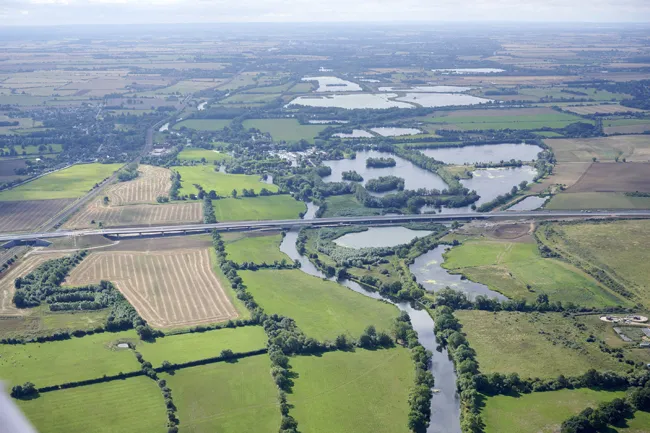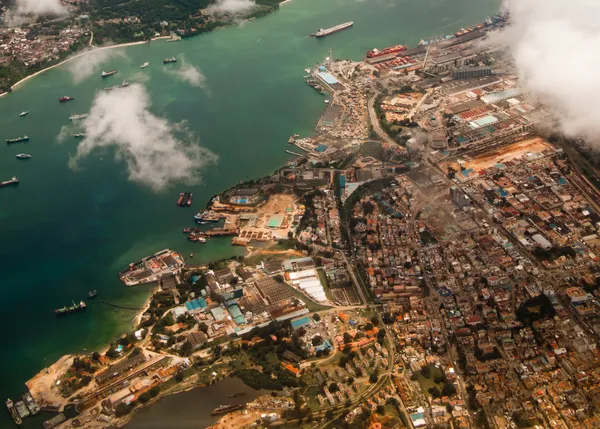
Work on the 19km bypass section commenced in October 2016 and forms part of a programme of 33.6km of road works in Cambridgeshire, costing £1.5 billion. The road building project has been carried out by the A14 Integrated Delivery Team, a joint venture between
The project also won four awards at the 2019 British Construction Industry Awards. These were Digital Transformation Initiative of the Year, Productivity Initiative of the Year, Partnership Initiative of the Year and Initiative of the Year Award.
The new link will boost access between the region’s ports and the West Midlands – a key logistics hub. On completion, the road will open as an A road, instead of a motorway as originally planned. This will take advantage of wider lanes when joining the neighbouring M11 and A1(M).
The early delivery of the project will mean that work will commence sooner on the planned improvements to local roads in and around Huntingdon and the dismantling of the old viaduct over the train station.








